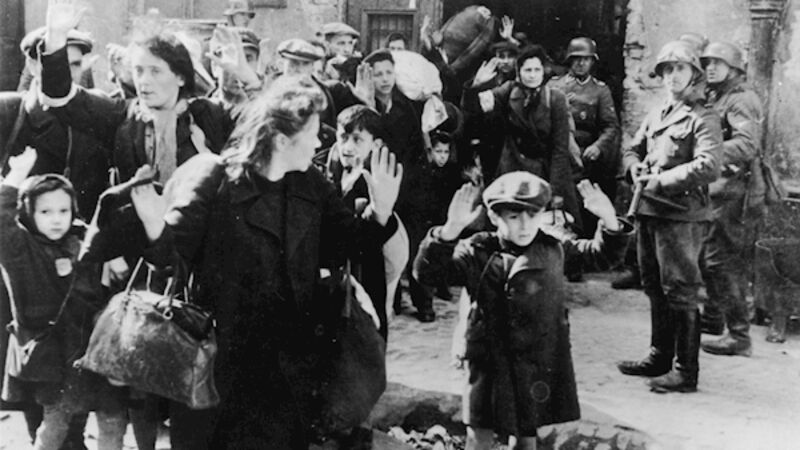Review: Gripping account of the hero who volunteered to go to Auschwitz

The Volunteer: The True Story of the Resistance Hero who Infiltrated Auschwitz
Jack Fairweather, Custom House, €14
A Polish prisoner carefully checks there are no guards around before he enters one of the SS cloakrooms in Auschwitz. He takes out a hidden vial and quickly sprinkles its contents on the collars of those hated uniforms, before slipping out again. Within two weeks some of the Germans had come down with the typhoid that was wiping out so many of the prisoners.










